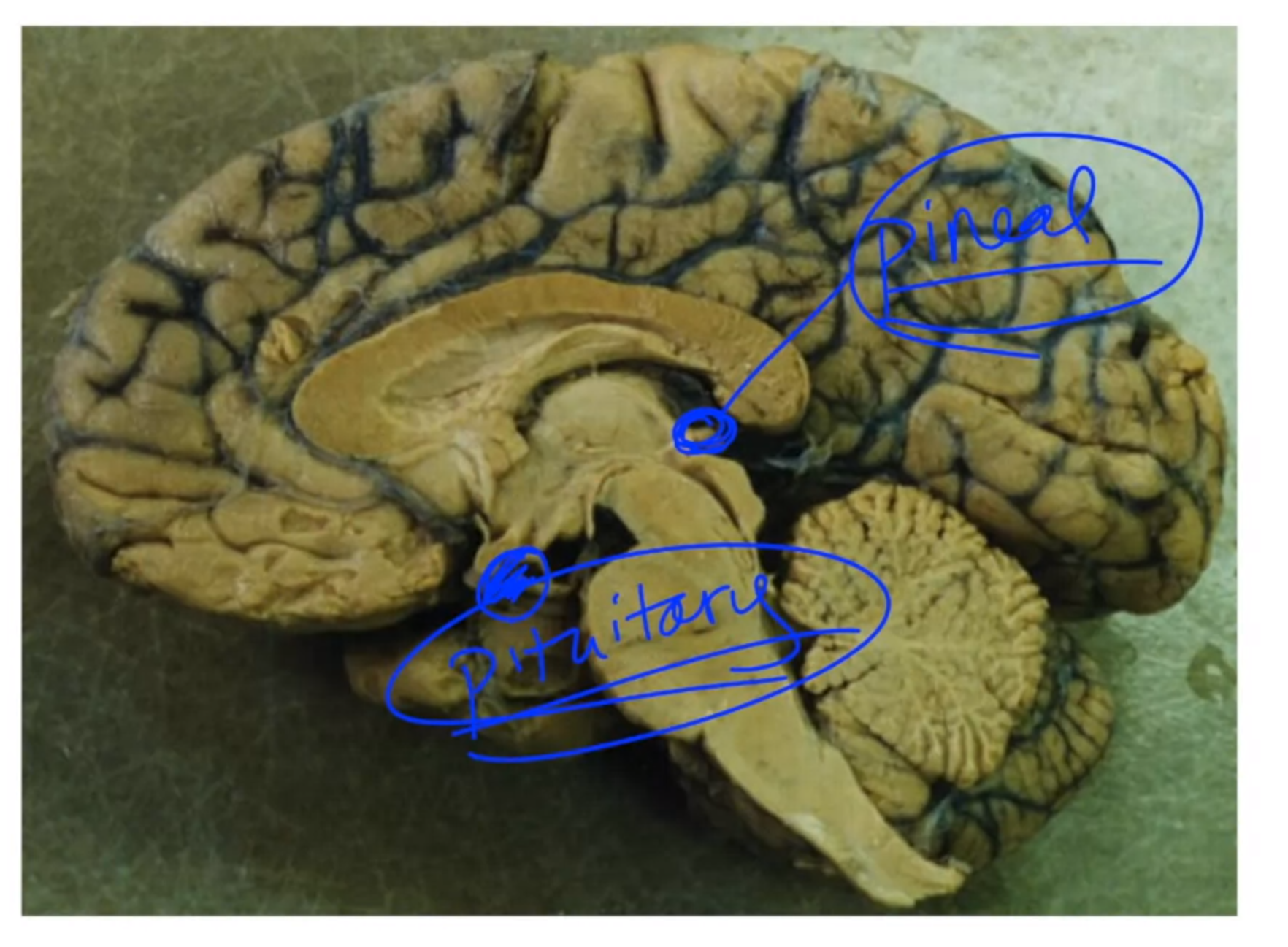Key Ideas:
-
Basics of Cancer:
- Cancer originates from a primary tumor where cells divide uncontrollably, becoming immortal and forming a mass.
- Cancer cells can metastasize, spreading to other parts of the body and forming secondary tumors.
-
Brain Tumors:
- Brain tumors can arise from metastasis, originating from tumors in other organs like the lungs.
- Neurons do not divide and therefore do not form tumors; tumors in the brain mainly come from other cell types.
- Glial cells, which support and protect neurons, can divide uncontrollably, leading to gliomas, the most common type of brain tumor.
- Meningiomas originate from meningeal cells, the membranes covering the brain.
- Tumors can also arise from glandular cells in the brain, such as the pineal gland (produces melatonin) and the pituitary gland (controls hormone production).
-
Impact of Brain Tumors:
- Brain tumors are problematic because they occupy space within the fixed cranial cavity, leading to increased pressure.
- They are not tumors of neurons but rather of supporting cells like glial cells, meningeal cells, or glandular cells.
- Metastatic brain tumors can spread from other organs like the colon or lungs.
-
Conclusion:
- Brain tumors pose significant challenges due to their space-occupying nature and the limited capacity of the skull to accommodate growth.
- Understanding the types and origins of brain tumors is crucial for diagnosis, treatment, and management.
Note Structure:
- Basics of Cancer
- Explanation of cancer’s origins and metastatic potential
- Brain Tumors
- Types of brain tumors and their origins from various cell types
- Impact of Brain Tumors
- Discussion of the challenges posed by brain tumors within the confined space of the skull
- Conclusion
- Recap of key points about brain tumors and their significance
If you need further assistance or additional details on any of the key points, feel free to ask!
